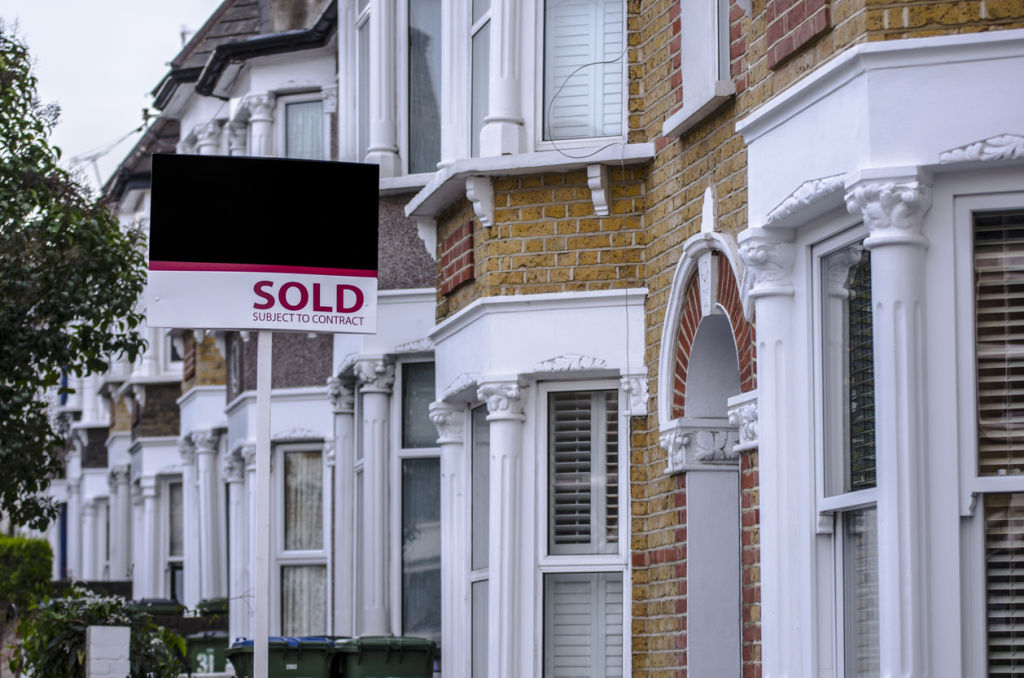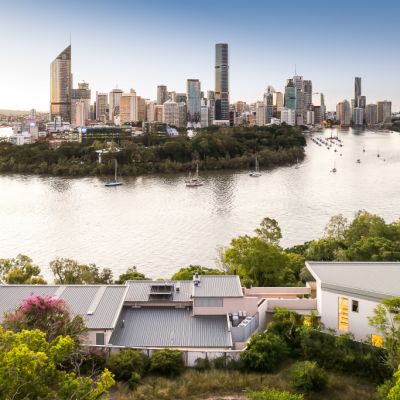Slovenia the world's best performing country for house price growth: Knight Frank

Slovenia has topped global house price increases for the second quarter in a report that showed price growth in G20 nations has slowed to its lowest point in three years.
The tiny nation saw an increase of 18.2 per cent year-on-year, up from the last quarter when the yearly increase was 15.2 per cent, according to a recent Knight Frank report.
The company’s international residential research partner Kate Everett-Allen said that the price increases can be put down to “falling unemployment, low interest rates and, until recently, limited supply”.
The report tracks the movement in average residential prices across 56 countries using official government or central bank data.
Prices across those 56 countries have risen 3.9 per cent on average, while the rise is 3.7 per cent for those countries that are members of the G20 – the lowest in three years, attributed to trade tensions, a slowing of Chinese GDP growth, and continued Brexit negotiations.

Australia came in last in the rankings, with house prices falling 5.6 per cent year-on-year. The report also showed that of all capital cities, Brisbane’s luxury market has performed the best.
Despite this poor showing, Knight Frank has reserved optimism, citing the Reserve Bank’s interest rate cut which could provide stimulus to the broader market.
Results were strong across Europe, which accounted for six of the top ten performing countries. Those included Latvia in second place, with an 11.9 per cent increase year-on-year. Matla, Czech Republic, and Luxembourg also all performed well, and Hungary made the top 10 for the fourth consecutive quarter.

Greece’s house prices rose by 2.4 per cent, which follows good growth last year. However, Knight Frank was quick to point out that prices in the country were still 40.8 per cent below their peak just over 10 years ago.
Iceland and Turkey were previously considered high achievers, but growth shrunk back to 4.4 per cent and 3.5 per cent respectively. New Zealand is in a similar position, having dropped back to 4.3 per cent.
China came in third with an 11.6 per cent increase in house prices over the last twelve months. Despite these massive gains, Knight Frank predicts stabilisation there.

“Across the rest of mainland China we expect price inflation to be tightly controlled via a range of stringent policy measures.” the report says. “In April, six Chinese cities were warned to stabilise land and house price inflation and in May, the Ministry of Housing and Urban-Rural Development extended these warnings to another four”
The exorbitantly expensive Hong Kong housing market saw a meagre 1.1 per cent increase, and the report suggests that prices there will continue in this stable fashion in future.
Elsewhere, the gap between the US and UK widened, with price growth across America at 3.7 per cent and the latter at 1.4 per cent. Both countries have slowed in recent years, but Knight Frank attributes the increasing gap to the UK’s troubled Brexit negotiations.
Latin America was the best-performing region, according to the report.
We recommend
States
Capital Cities
Capital Cities - Rentals
Popular Areas
Allhomes
More










